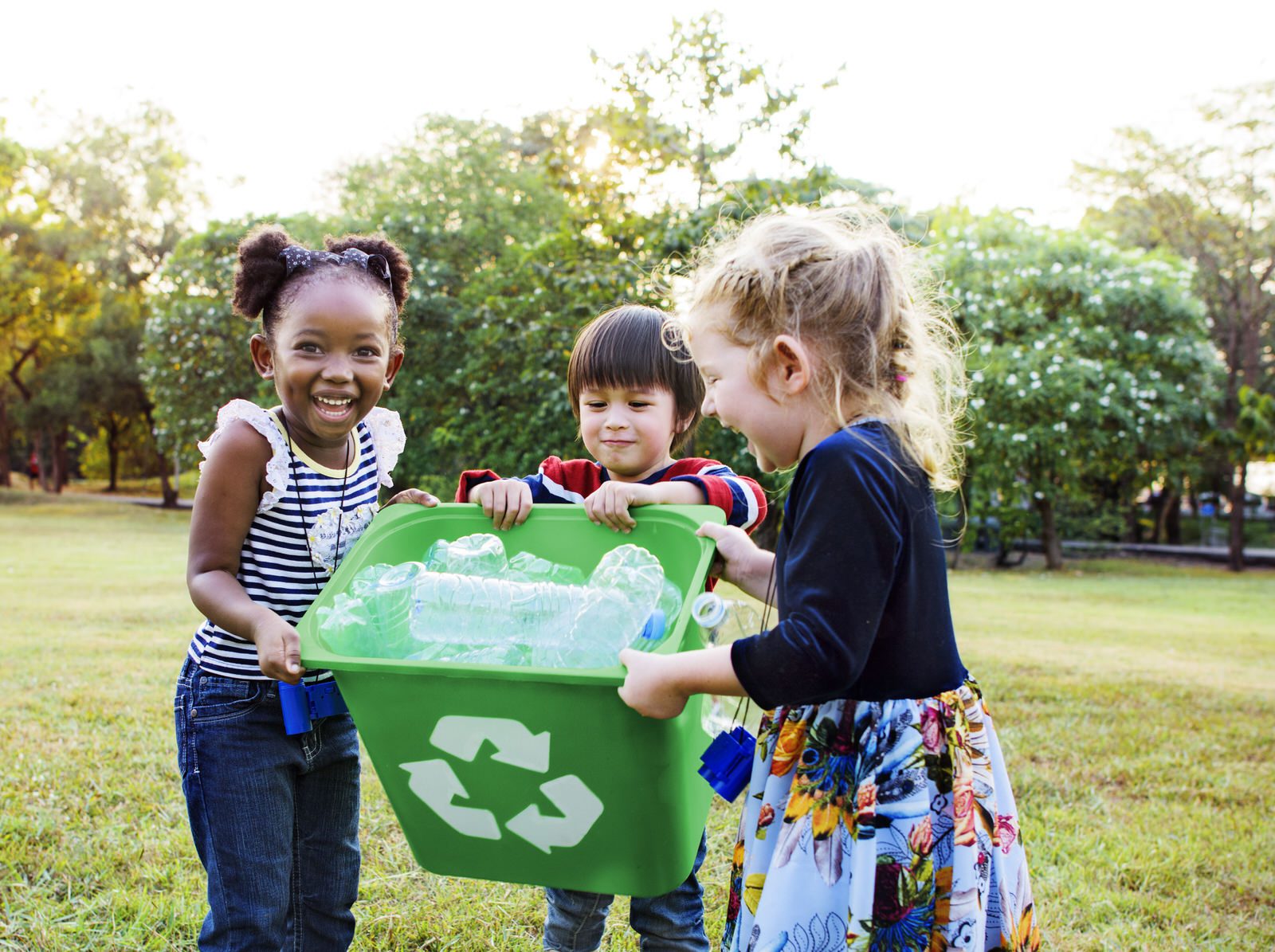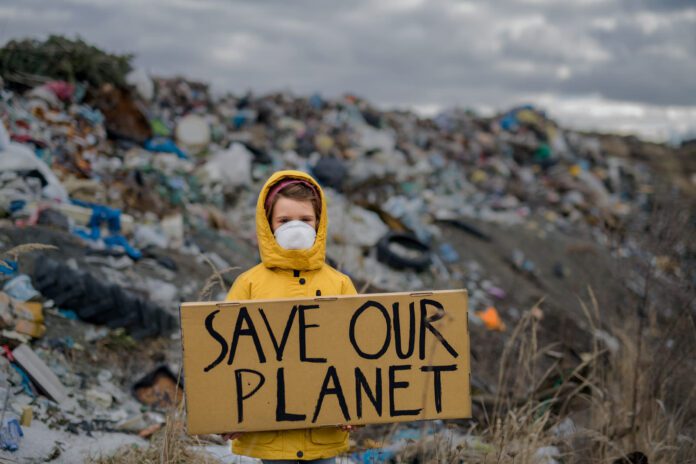As world leaders converge on Glasgow, families and schools should grab the opportunity to involve youngsters in sustainable ways in which to battle climate change. Former primary school teacher Catherine Lynch of education resource experts PlanBee has ten great ideas
At the end of this month [31 October], delegates from all over the world will be converging on Glasgow for COP26, the annual UN climate change conference, which this year is being hosted by the UK. During the summit, which has already attracted an enormous amount of media coverage, world leaders will be discussing the challenges of climate change, and the goals and actions we need to strive towards.

Many children and young people are deeply concerned about climate change and what the future holds for their generation, so the conference is a great opportunity for families and school to involve youngsters in ways to achieve meaningful change to support the environment.
Here are 10 ways to set the ball rolling:
- Involve children in helping to plan how the school can be more eco-conscious
The more involved everyone is, the more invested they will be in achieving meaningful results. Let the children help to form the plan and let them be advocates for it.
Create an eco council and let them be part of the decision-making process.
- Switch to eco-friendly options for school supplies
Pick eco-friendly cleaning products, choose sustainable stationery supplies and do what you can to make a positive school wide change.
- Reduce waste
Instead of giving out brand new books each year, use workbooks and reading records until they are finished.
Think about what happens to left-over food. Rather than throwing food in the bin, donate what you can to local families or food banks and compost the rest.
Buy milk in large bottles (not individual cartons). You’ll produce less food waste, less plastic waste and children have the opportunity to wash up the reusable cups.
- Reduce single-use plastic
Collect all the single-use plastic used in school in one week and share it in an assembly or a staff meeting. Think about the changes you can make to reduce the amount of plastic. This might mean switching suppliers, or buying reusable options, for example, whiteboard pens that can be refilled.
- Get food from a local supplier
Where could be more local than your own playground? Grow the food you can and teach children about where their food comes from.
Look at local suppliers for the rest of the food. You’ll be helping local producers, reducing food miles and almost certainly getting better quality produce.
- Uniform
Hold a uniform swap shop or a second-hand uniform sale to help to give school uniforms a second life.
Provide the option for new uniforms to be bought ethically. Look at your current supplier and decide if there is a more sustainable option you could offer to parents.
- Walk to school
Encourage children to walk to school and help them understand the reason this is important. Talk to them about the benefits of exercise and the clearer air. If they can’t walk the whole way to school, encourage them to walk part of the way.
- Make a home for wildlife
Create an area in the school grounds that is biodiverse. Grow plants from seeds, make a pond, make bird feeders, make bug hotels. Give the children the chance to slow down and get to know nature. When you’ve created a home for wildlife in the school, have a look around your local area and see if (subject to permission) there is a place your students could develop.
- Litter pick
Go on litter picking trips in your school ground and in your local area. Help to reduce the litter that ends up in waterways. Explain to the children how to litter pick safely and why this is such an important job.
- Achieve Eco-School status
The Eco Schools Green Flag Award is a great way to get some inspiration, and recognition, for your hard work in becoming an eco school.

| [donate]
| Help keep news FREE for our readersSupporting your local community newspaper/online news outlet is crucial now more than ever. If you believe in independent journalism,then consider making a valuable contribution by making a one-time or monthly donation. We operate in rural areas where providing unbiased news can be challenging. |



















